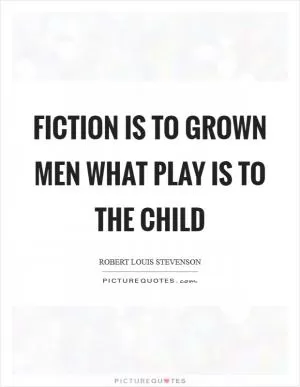The cruelest lies are often told in silence

The cruelest lies are often told in silence
Robert Louis Stevenson, the renowned Scottish novelist, poet, and travel writer, is best known for his timeless works such as "Treasure Island" and "Strange Case of Dr Jekyll and Mr Hyde." However, beyond his literary achievements, Stevenson was also a master of exploring the complexities of human nature and the dark side of humanity. In his writings, he often delved into the theme of deception and the destructive power of lies, particularly those told in silence.Stevenson understood that silence can be just as deceitful as spoken words. The absence of communication can create a void that allows lies to fester and grow unchecked. In his novella "The Strange Case of Dr Jekyll and Mr Hyde," Stevenson explores the consequences of keeping secrets and the destructive nature of living a double life. Dr Jekyll's silence about his experiments and the existence of Mr Hyde ultimately leads to his downfall, as the truth is slowly revealed through the actions of his alter ego.
Stevenson's exploration of the theme of silence and lies is also evident in his poem "The House Beautiful." In this poem, he describes a beautiful house that appears perfect on the outside but is filled with secrets and lies within. The silence of the house conceals the truth of its inhabitants, creating a facade of perfection that ultimately crumbles under the weight of deception.
Stevenson's own life was also marked by secrets and lies, particularly in his relationships with his family and friends. His struggles with illness and his constant need to travel in search of a cure created a distance between him and his loved ones, leading to misunderstandings and unspoken truths. In his personal correspondence, Stevenson often expressed his feelings of isolation and the burden of keeping his true thoughts and emotions hidden from those closest to him.












 Friendship Quotes
Friendship Quotes Love Quotes
Love Quotes Life Quotes
Life Quotes Funny Quotes
Funny Quotes Motivational Quotes
Motivational Quotes Inspirational Quotes
Inspirational Quotes